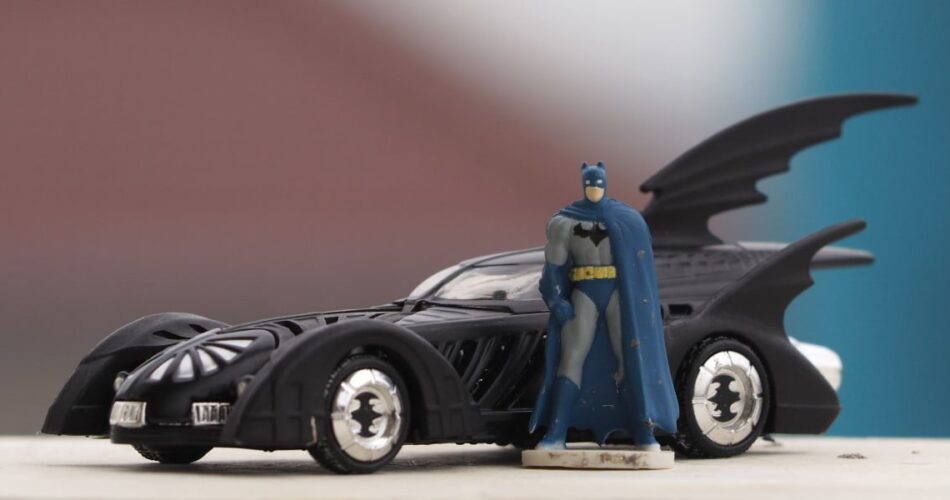With its telecoms and consumer electronics businesses prevented from addressing rich overseas markets, Huawei has set itself on the road to a new industry: electric cars.
News of the Chinese giant’s intention to hit the road emerged in a Wednesday post by battery-maker CATL to Tencent’s WhatsApp-like qq.com messaging service.
The post reports on the signing of a memorandum of understanding between Huawei’s smart car operation and CATL execs. The plan is evidently for Huawei to prefer CATL batteries in its future smart cars, as it seeks to create a “global high-end automobile brand.”
Huawei is not alone in that ambition. China’s consumer tech enfant terrible Xiaomi also aspires to create an automotive brand, as does AI-infused search engine Baidu which already powers robot taxis in major Chinese cities.
And of course the rest of the world’s automakers also want to sell electric and/or smart cars and are seldom shy of seeking export markets.
Not to forget rocketry and microblogging baron Elon Musk’s side hustle at Tesla.
None of the abovementioned current or aspiring automakers have as much junk in the trunk as Huawei, which is regarded with such suspicion that the US is paying local carriers billions to remove its telecoms equipment. Many other nations have barred it from selling its comms wares within their borders.
Huawei is betting its experience making consumer electronics, internet smarts, and vast reseller network mean it has a shot at creating impressive and differentiated vehicles.
Just how the biz thinks it can build a global brand and satisfy regulators that its cars aren’t dangerously suspicious remains to be seen. Smart cars, after all, use myriad sensors to observe their environment. Governments afraid of Huawei telecoms kit will surely wonder if wired cars could also funnel info to Beijing. ®
Source link



